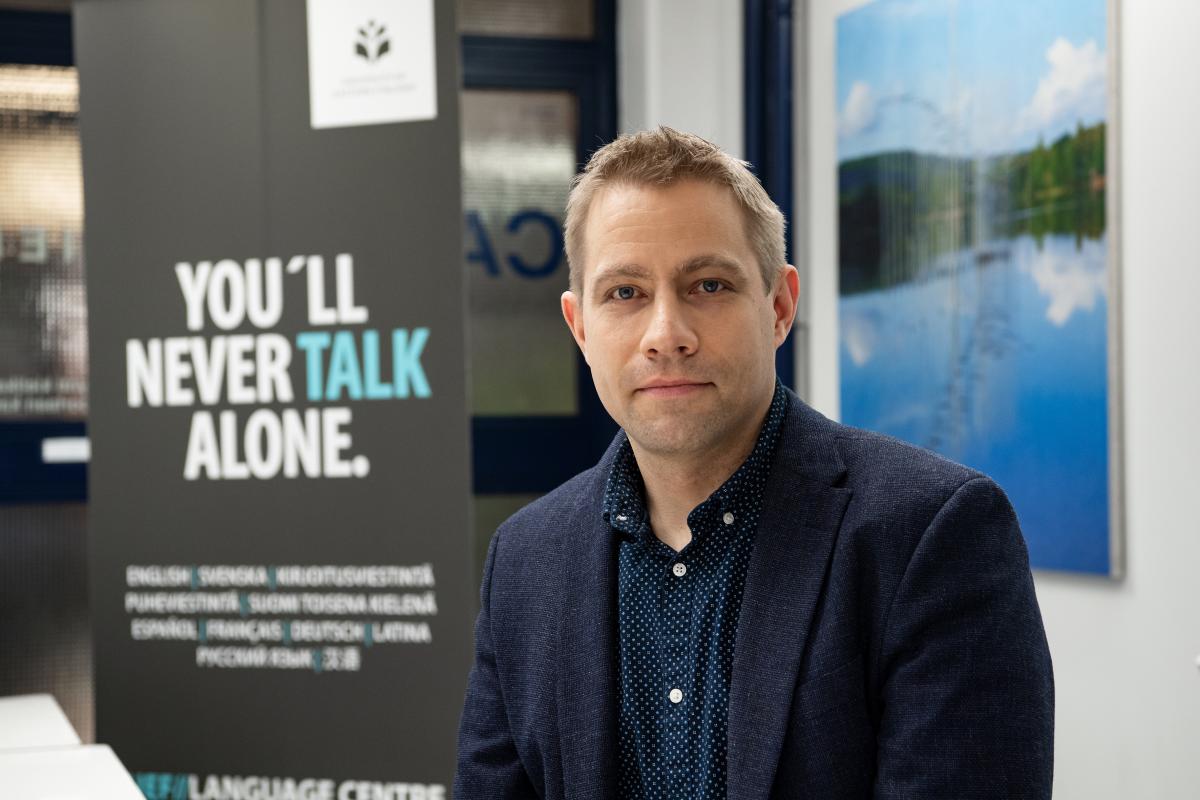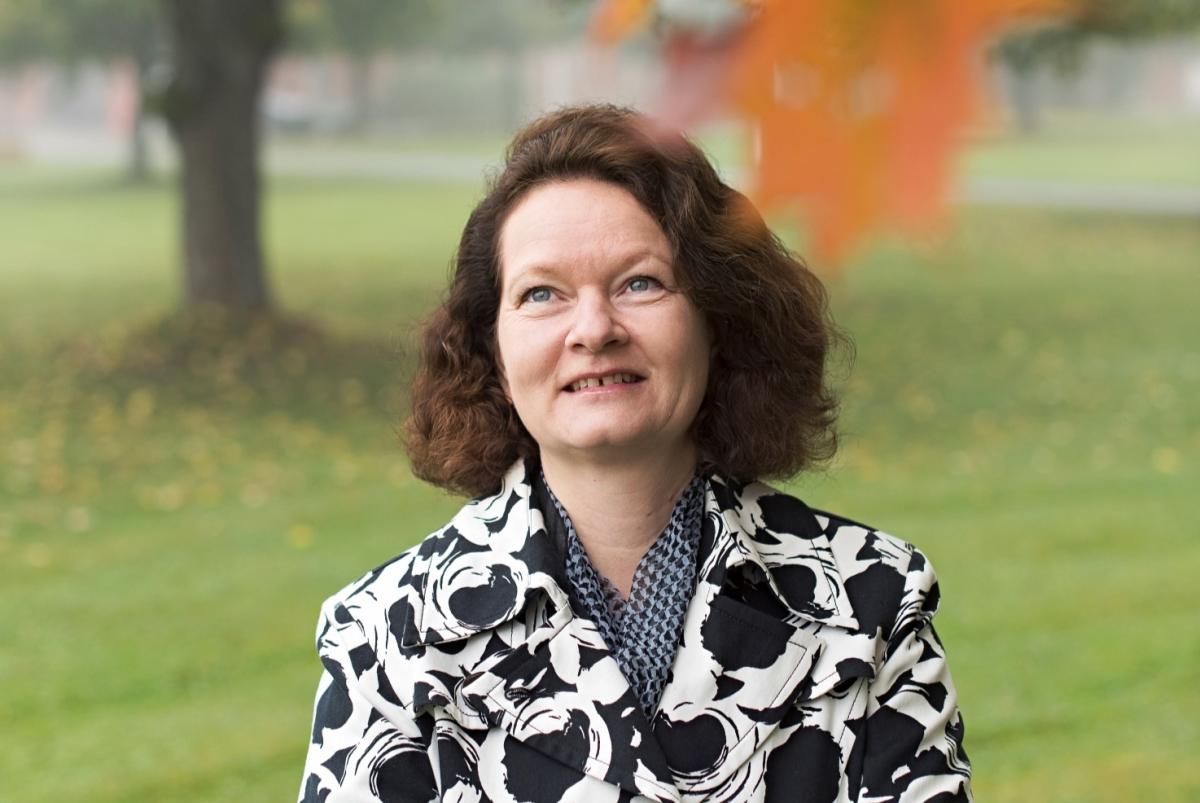The joint language studies of higher education institutions spark record levels of interest – offering to expand to 13 languages
The KiVANET network coordinated by the University of Vaasa and the University of Eastern Finland offered studies in 11 different languages in the autumn of 2024. A record number of almost 1,400 students registered for the studies. In addition to the most popular languages, Spanish, Japanese and Korean, the autumn season groups studied Italian, Chinese, Portuguese, French, German, Estonian, Russian and, as a new language, Arabic.
– It is particularly pleasing that students have also opted for Russian, which is currently studied far too rarely on a national scale. Proficiency in Russian is socially important in terms of our neighbouring country and knowledge of Eastern Europe, says Lauri Tolkki of the University of Eastern Finland.
– Hungarian and sign language, which will become available in the spring term of 2025 will increase the offering to 13 languages, explains Nina Pilke of the University of Vaasa.
In addition, students took part in the UniTandem programme, which involves studying in pairs with students teaching a language they know well to other students. Students of the higher education network can find information on the spring 2025 course offering and register 2 December 2024–12 January 2025 on the KiVANET website.
The University of Oulu and Åbo Akademi joined KiVANET in spring, and the network now encompasses two-thirds of Finnish higher education institutions. The network, which extends from Rovaniemi to Helsinki and from Vaasa to Joensuu, was built on the basis of the Ministry of Education and Culture’s spearhead project (Improving language resources in higher education KIVAKO 2018–2021).
The cooperation enables an even wider selection for students
Through its goal-oriented cooperation, the KiVANET network is contributing to tackling the social and professional challenges of declining language proficiency. The collaboration develops the online learning aspects of language education and makes the offering of language studies available to a wider audience than the students of individual institutions. Consistent learning paths that persist each term and year enable students to progress smoothly from one skill level to the next. Students can also deepen studies they have begun previously.
The University of Vaasa’s language centre Linginno has initiated a research project to examine the language studies and language development choices of higher education students who take part in KiVANET courses.
The University of Vaasa’s Nina Pilke, who is in charge of the project, says that responses have already been collected through the survey that will remain open until the end of the year:
“Students report that they have selected KiVANET courses due to the unavailability of equivalent ones:” “This autumn, I took a French pronunciation class because I had not come across one anywhere else before,” explains one of the respondents. Moreover, students like the proficient and inspiring teachers of the network: “The teacher running the course is absolutely wonderful,” a respondent writes.
The project to develop the language proficiency of higher education students (Korkeakouluopiskelijoiden kieliosaaminen – kestävyys moninaisuuden viitekehyksessä / Högskolestudenters språkkunskaper - hållbarhet i ett mångfaldsperspektiv) is funded by Svenska kulturfonden and the Vaasan Aktiasäätiö foundation, and its results will be reported in more detail during spring 2025.
More information
More information is available from the higher education institutions coordinating the KiVANET network 2024–2027:
University of Eastern Finland: Director Lauri Tolkki, firstname.lastname@uef.fi, tel. +358 (0)50 308 1799
University of Vaasa: Director Nina Pilke, firstname.lastname@uwasa.fi, tel. +358 (0)44 712 3101


